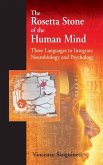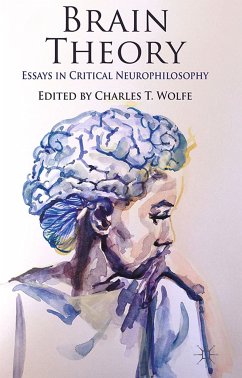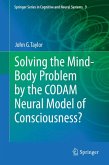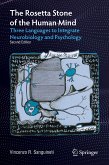As the crossover between disciplines focusing on moral cognition was rather limited up to now, this book aims at filling the gap. Which evolutionary biological hypotheses provide a useful framework for starting new neurological research? How can brain imaging be used to corroborate hypotheses concerning the evolutionary background of our species?
In this reader, a broad range of prominent scientists and philosophers shed their expert view on the current accomplishments and future challenges in the field of moral cognition and assess how cooperation between neurology and evolutionary psychology can boost research into the field of the moral brain.
Dieser Download kann aus rechtlichen Gründen nur mit Rechnungsadresse in A, B, BG, CY, CZ, D, DK, EW, E, FIN, F, GR, HR, H, IRL, I, LT, L, LR, M, NL, PL, P, R, S, SLO, SK ausgeliefert werden.









